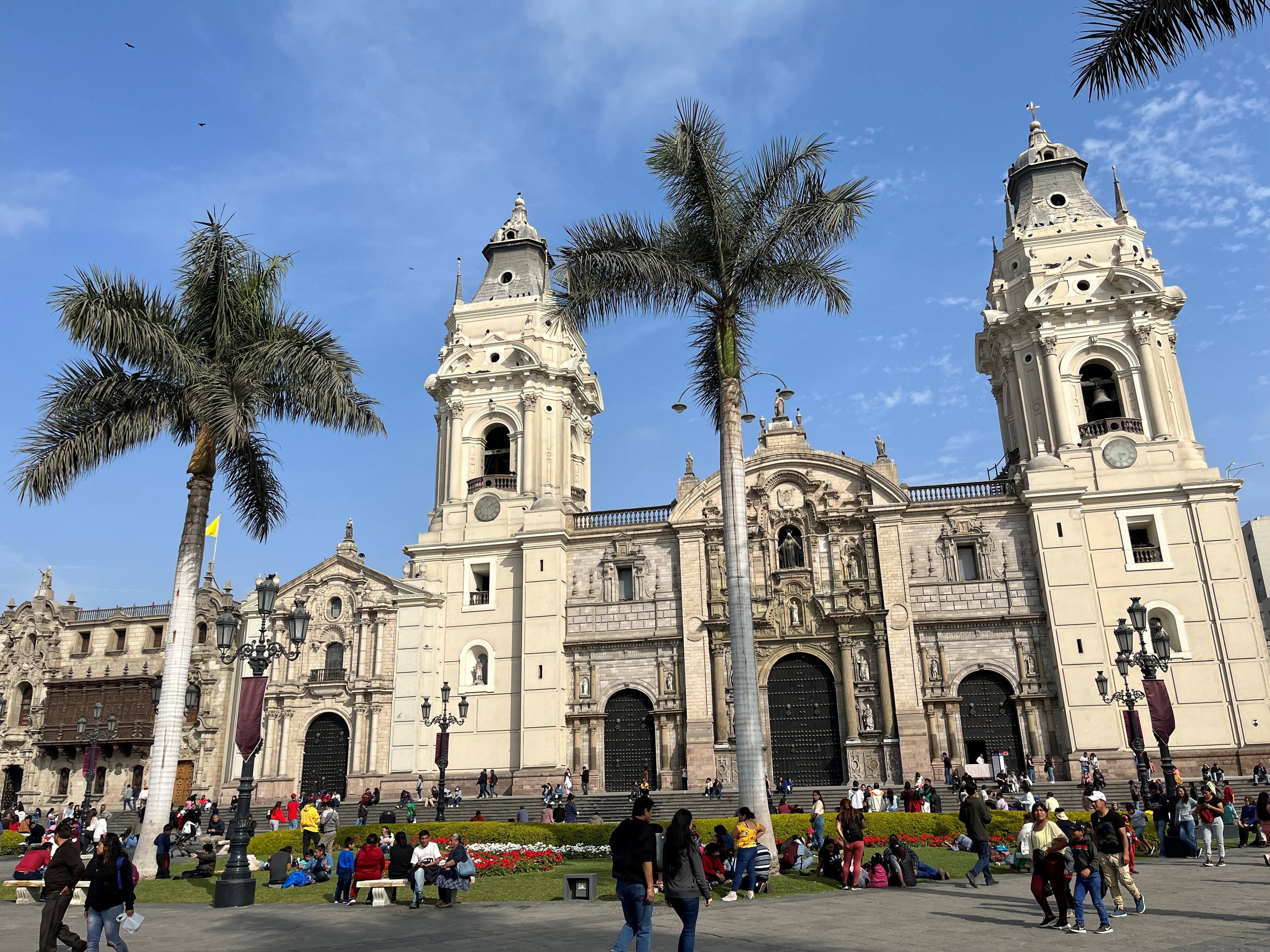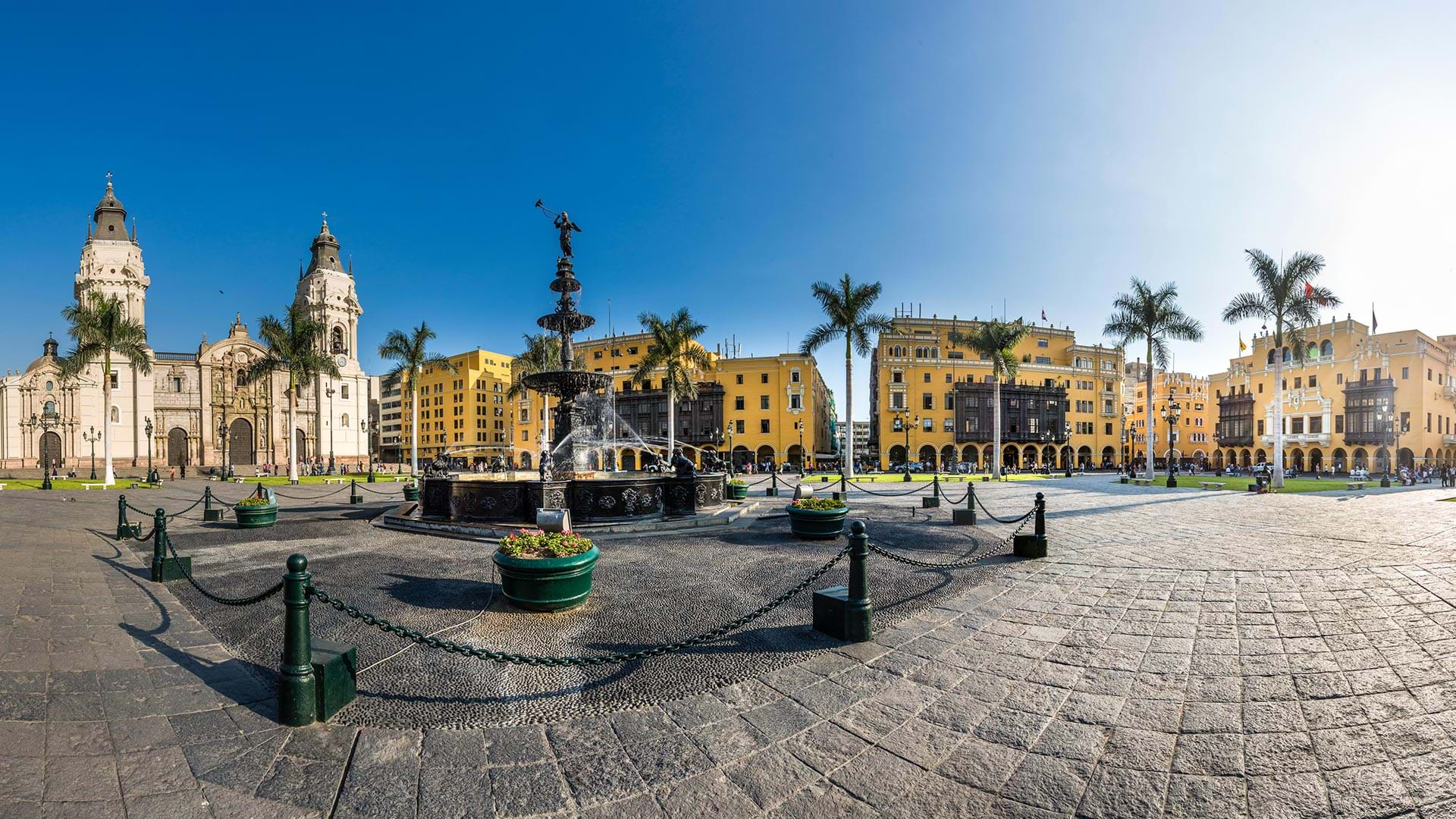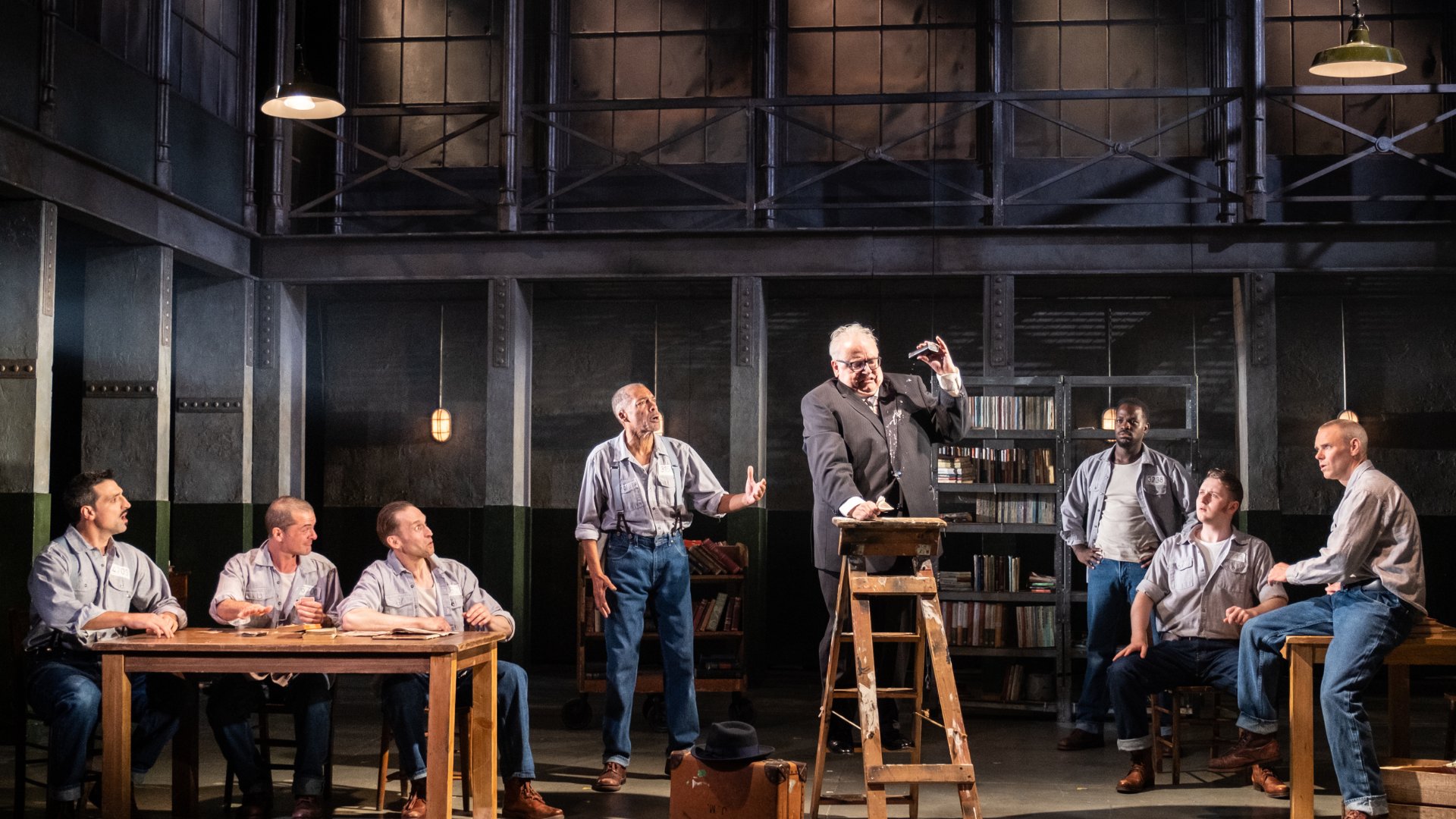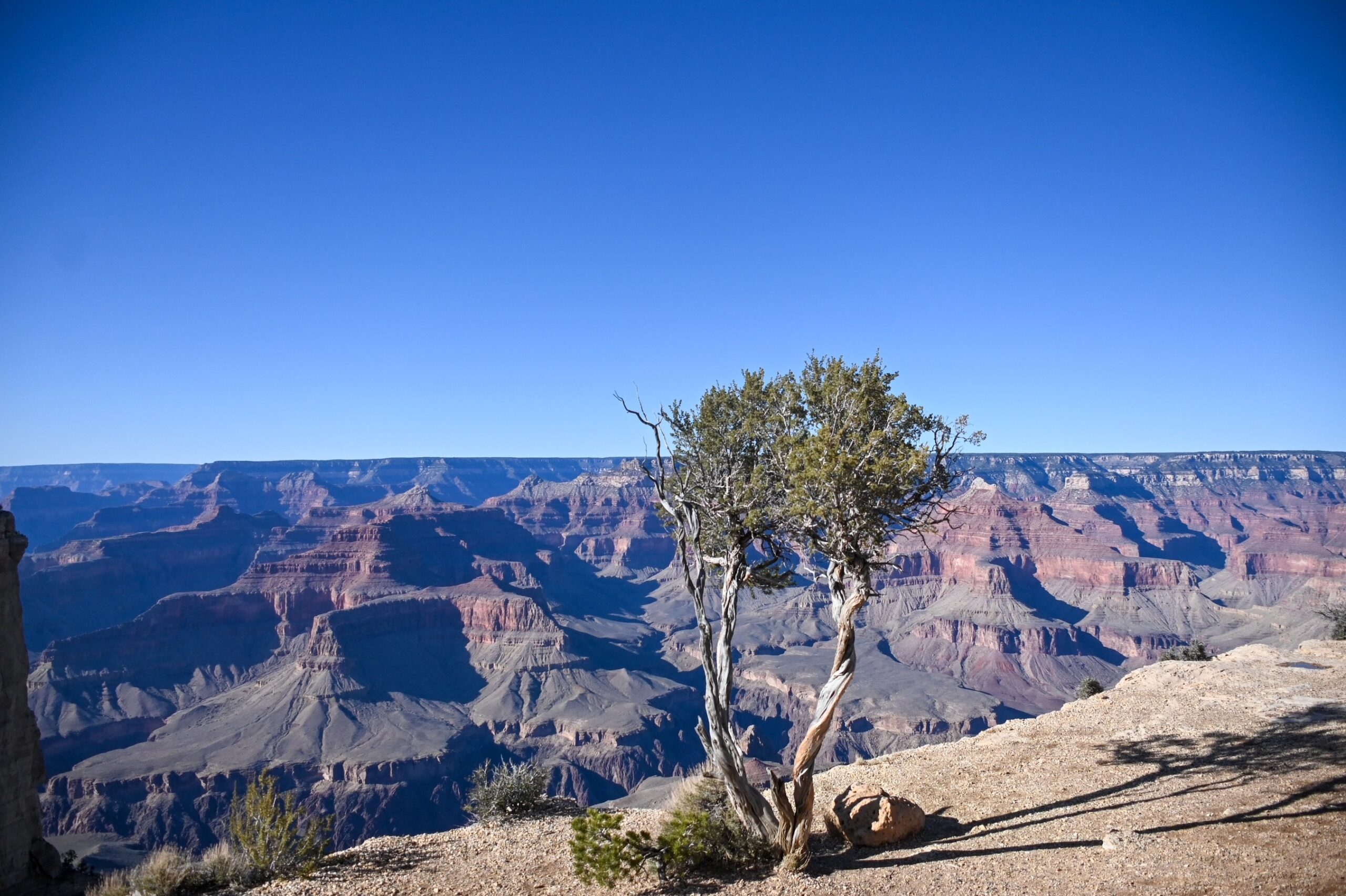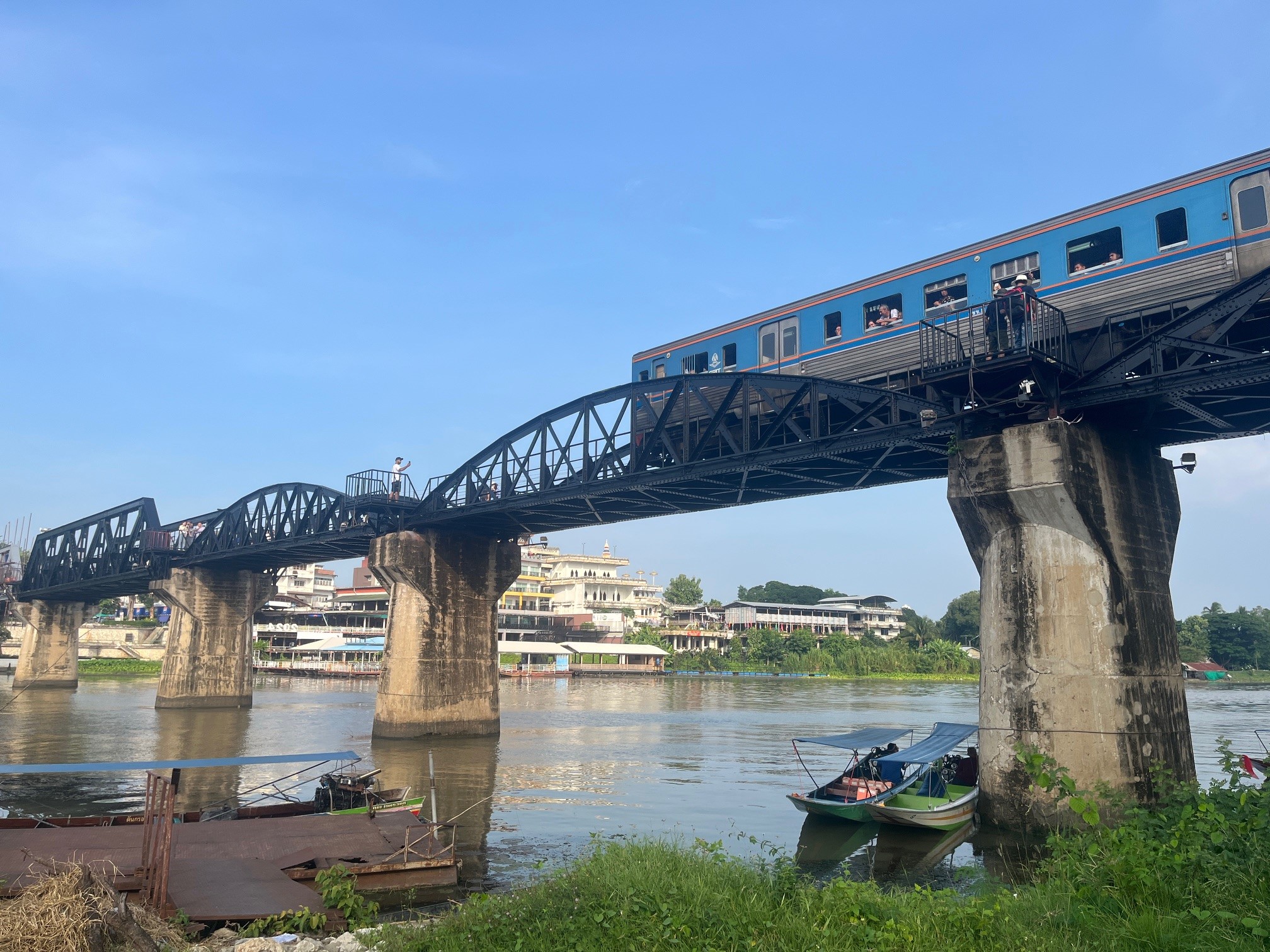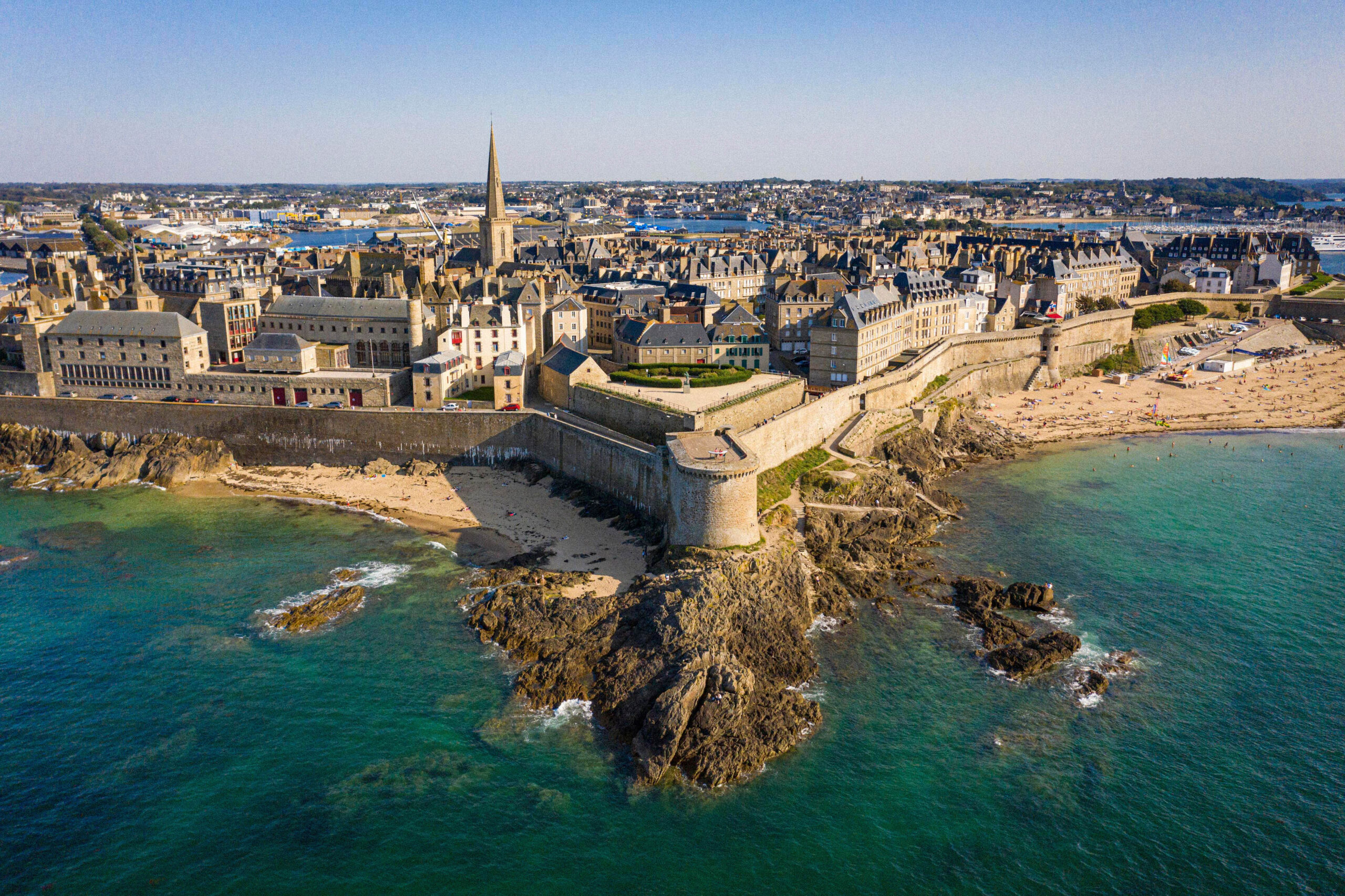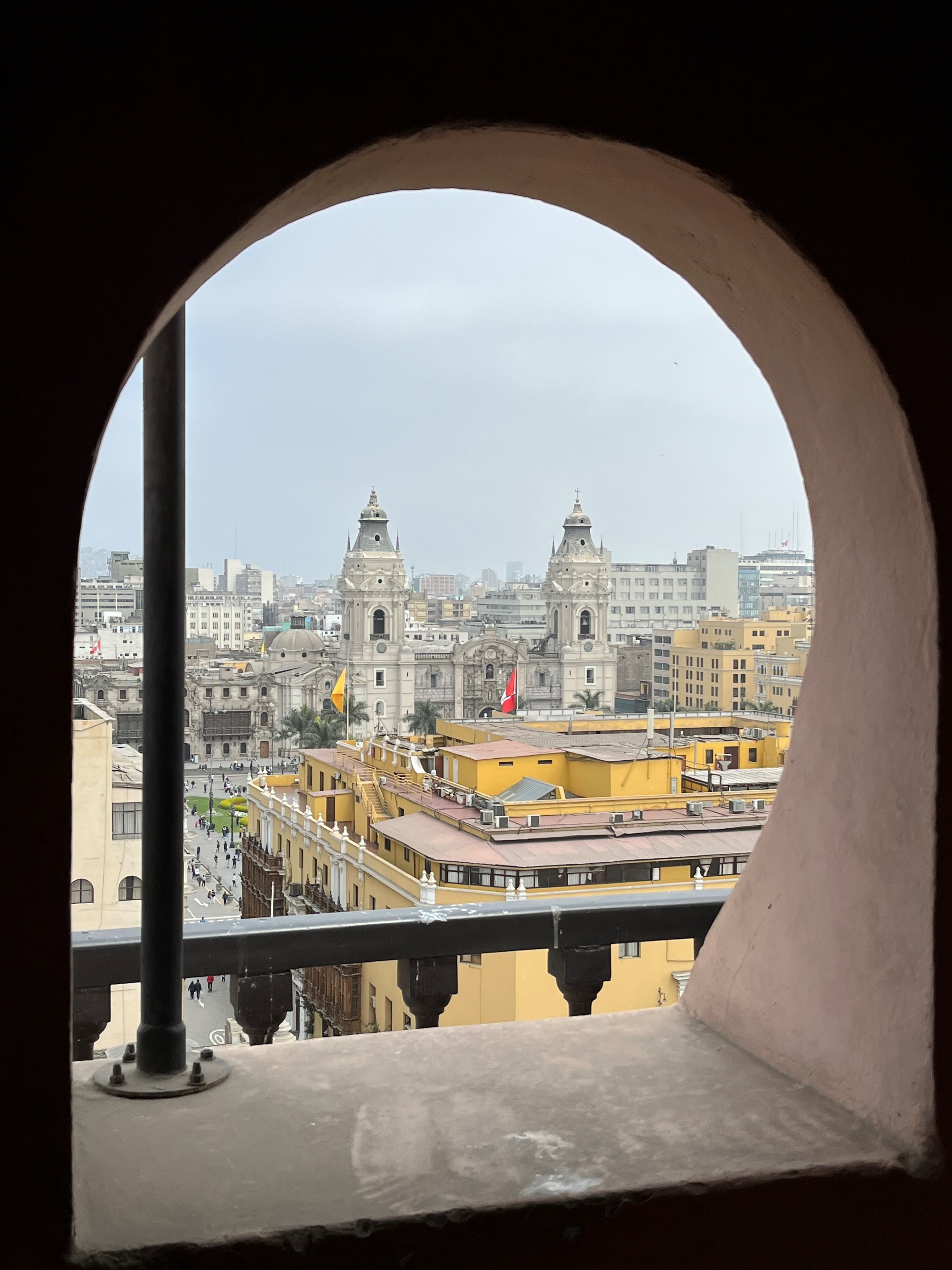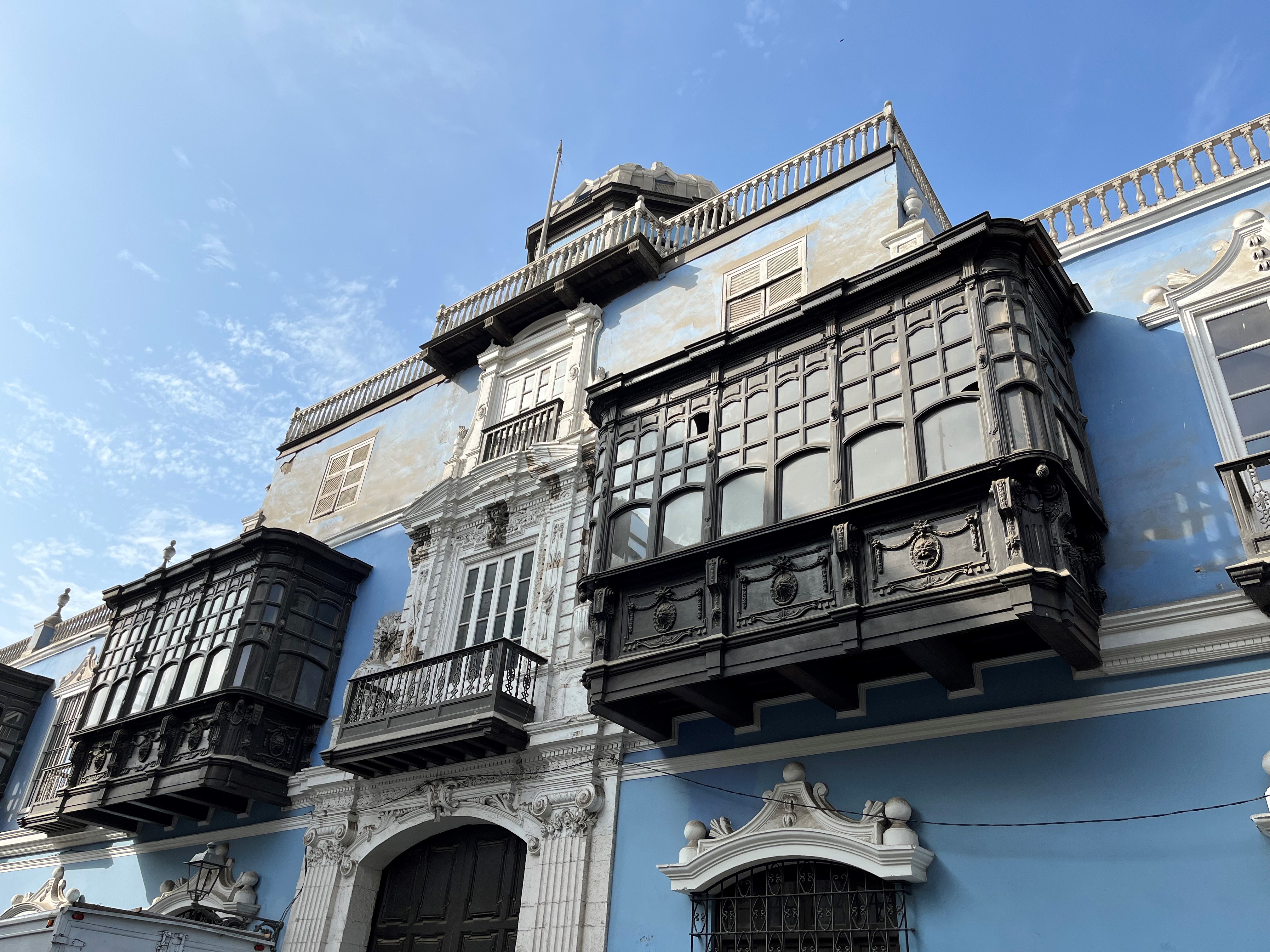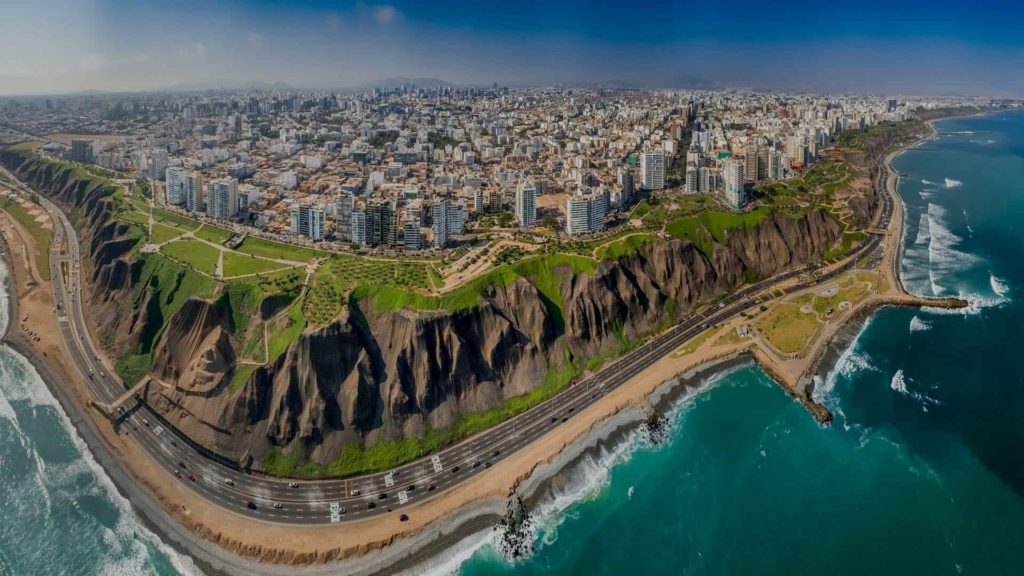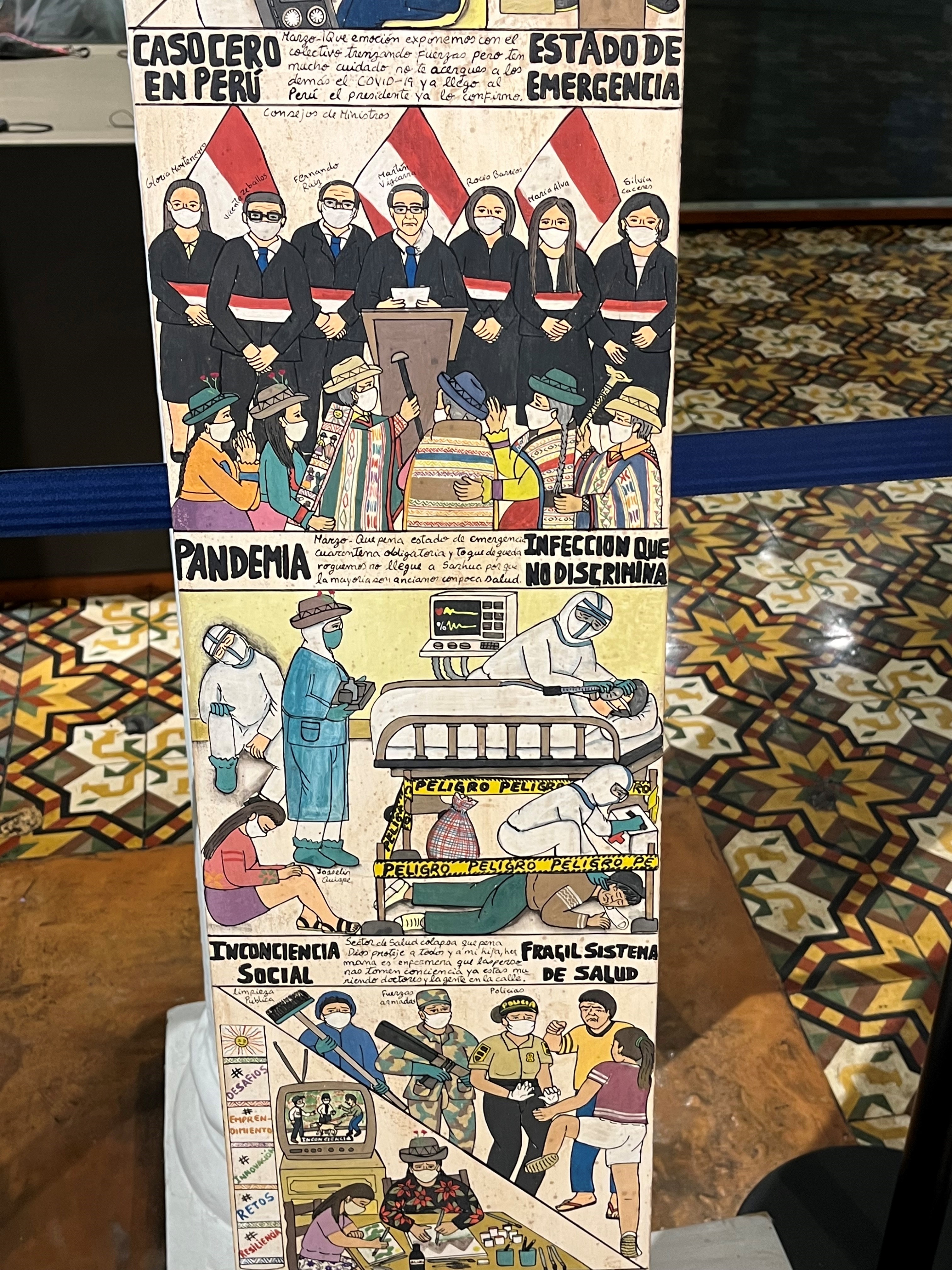I remember well the first time I heard Mario Vargas Llosa speak. It was the literary program “Apostrophes” hosted by Bernard Pivot and I was probably watching it with my grandparents in their living room in Liege in June 1990. I was impressed by this elegant man, who spoke a very clear French and who came to discuss literature on a French television set five days after his defeat in the Peruvian presidential election against Alberto Fujimori. He had been for a long time the favorite of the polls, he who was not a professional politician, but an intellectual who wanted to serve his country in prey to the violence unleashed by the Maoist guerrilla of the Shining Path. During the program, he acknowledged with clarity and without bitterness his misjudgments in the conduct of his campaign. No one can say where a Vargas Llosa presidency would have led Peru, but it is known that, in spite of promising beginnings, the Fujimori years ended in debacle.
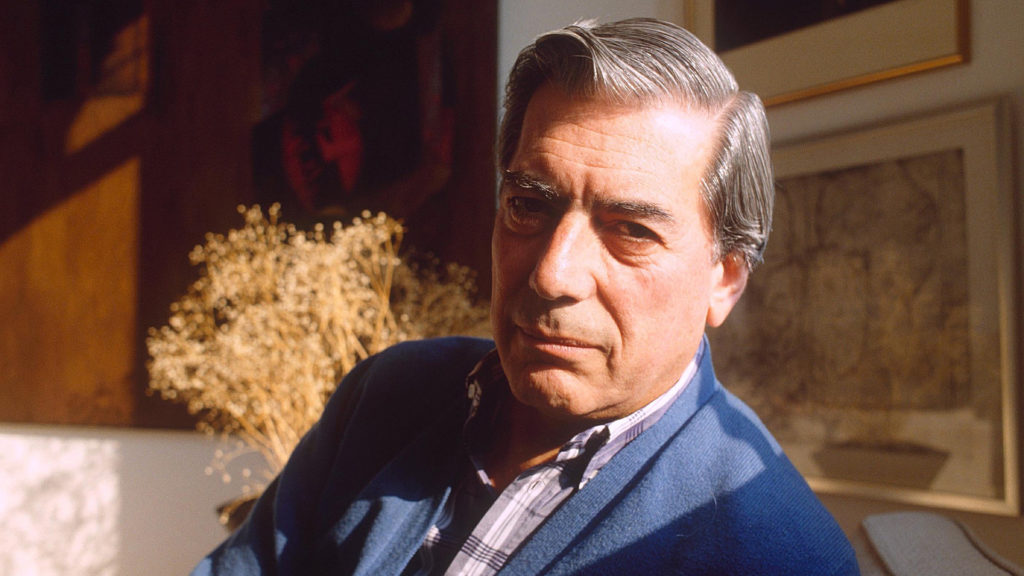
I was in Lima a few weeks ago and was discussing Peruvian politics with a cab driver. He said that Vargas Llosa was fortunate to have failed in the presidential elections, because otherwise he would never have received the Nobel Prize for Literature. And more than their former presidents, many of whom have been in prison or at least convicted of corruption, Peruvians are very proud of their Nobel. I remember the emotion of my Spanish teacher who, like him, was born in Arequipa, when Vargas Llosa’s prize was announced in 2010.
For my recent trip to Lima, I chose to read “Conversation in the Cathedral“, the novel preferred by the writer among his works, but which he admits was the most difficult to write. It was not an easy book to get into either, at least at the beginning. A little like Lima, the Peruvian capital, in which the main part of the action takes place.
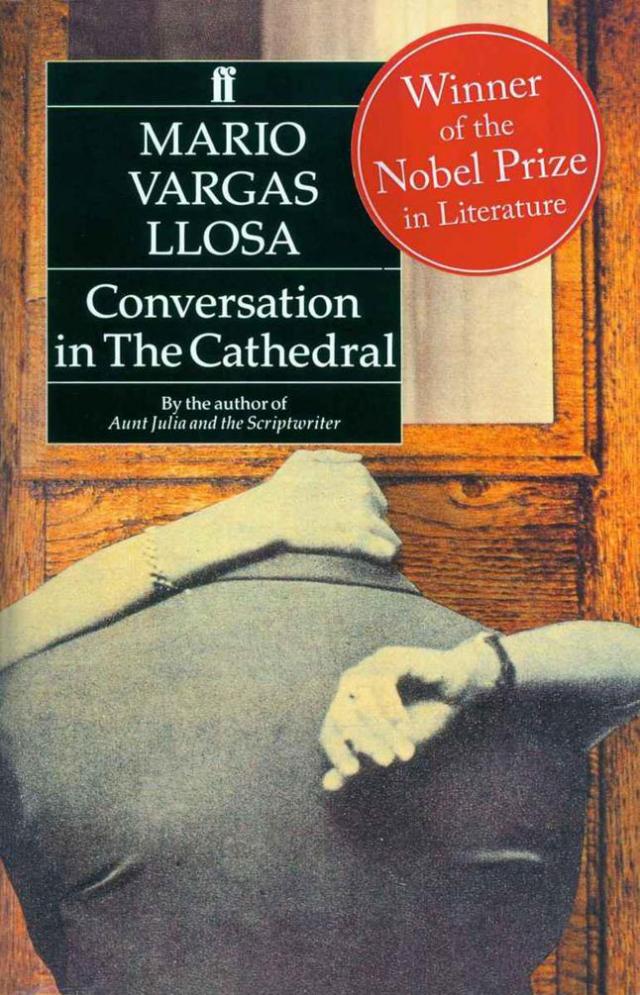
Lima has a very beautiful historical center, around the Playa Mayor and its Cathedral. But this old cradle of the city, with its rich Dominican and Franciscan convents, is surrounded by a crown of districts which lost their patina and seem not very pleasant. It is only far from the center, along the cornice that borders the Pacific Ocean, in the well-to-do districts of San Isidro and Miraflores, that you can find bars and restaurants that make you want to drink a pisco sour and taste the sumptuous Peruvian gastronomy.
Vargas Llosa’s novel also plays with this contrast of neighborhoods. Despite its title, the novel has nothing to do with the Cathedral of Lima. “La Catedral” is the name of a shabby bar next to the dog pound. The young Santiago Zavala, nicknamed Zavalita, who has retrieved his dog just before it was going to be killed, starts a conversation over a beer with Ambrosio, his father’s former driver, who now picks up stray dogs in the streets for the municipality.
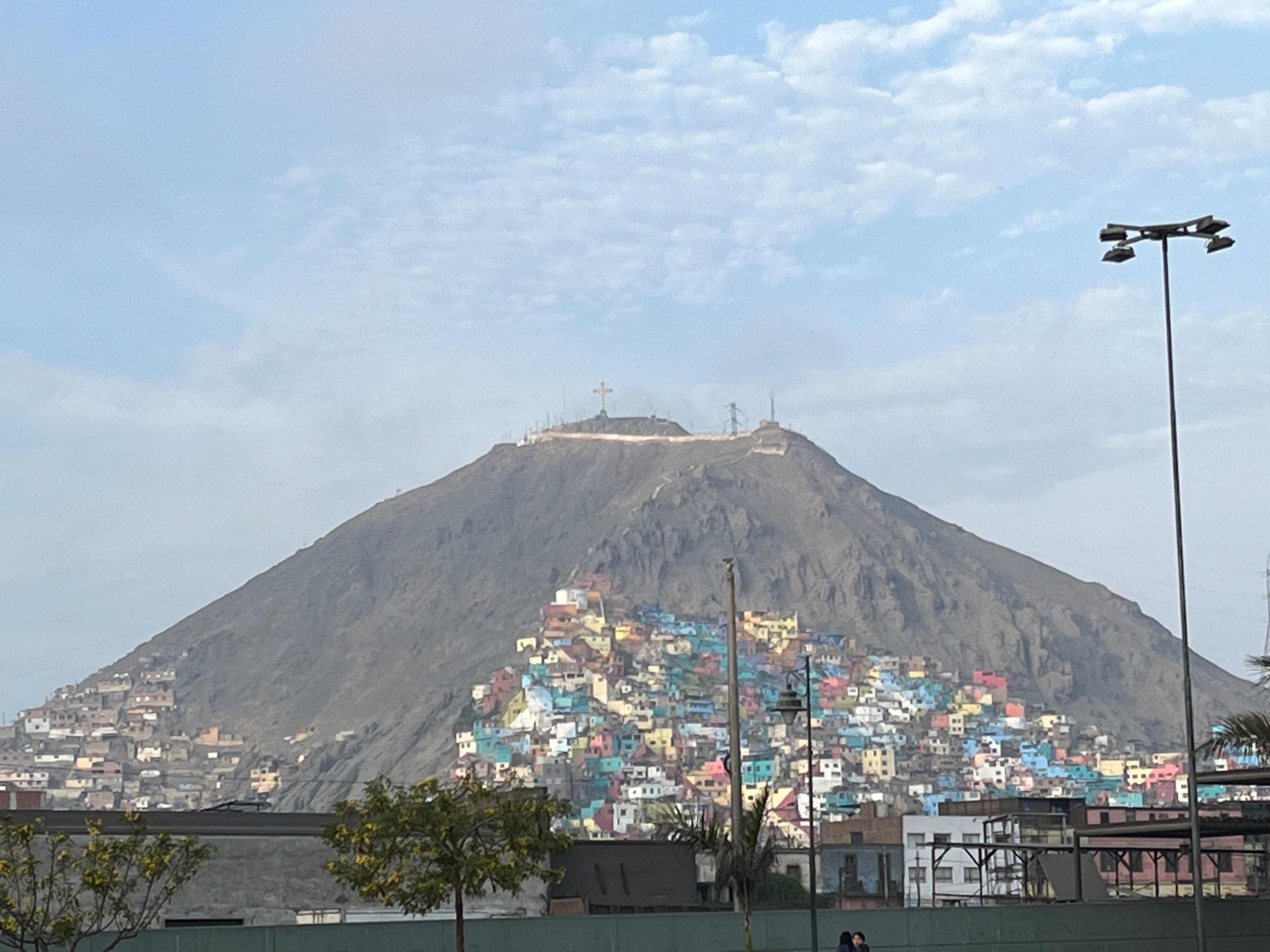
Santiago’s father, Don Fermin, is a businessman from Miraflores who is well connected to the political and military circles of the government during the dictatorship of President Odria in the 1950s. Santiago rebelled against this stifling environment and chose to study at San Marcos University, which his parents considered a nest of leftists. He joined a clandestine communist cell and was arrested. But his father’s good relations soon got him out of prison. Dejected, he cuts ties with his family, stops his law studies and starts at the bottom of the ladder as a journalist.
Through the long conversations between Santiago, the son of a great bourgeois who wanted to understand the social reality of his country, and Ambrosio, the black driver, born in poverty, but who rubbed shoulders with the ministers – and also lent a hand to the dirty tricks of the police regime – the novel offers little by little a captivating image of the Peruvian society under the military dictatorship.
But, this memories that they exchange in “La Catedral” become more and more precise and suddenly the ground slips away for “Zavalita”: his father so worthy, so respectable, is afflicted with the nickname of “Gold Ball (Bola de Oro)” by the girls in an underworld bar. That’s what they call homosexuals. Is the patriarch of the family leading a double life? And what about the drug-addicted prostitute, former mistress of Cayo Bermúdez, the deposed head of security, who was found dead in the gutter of a seedy neighborhood? What was the role of his father? And of his driver, Ambrosio?
The question that opens “Conversation in the Cathedral” has become famous: “At what precise moment had Peru fucked itself up (¿En qué momento se había jodido el Perú?)”. The novel of Vargas Llosa does not answer this question of the origin of the debacle. But it paints a picture that unequivocally confirms this bitter observation. This writer who returned from a political defeat to attain literary glory, who is now more than 85 years old, but in whom we recognize without difficulty the idealistic features of the young Santiago, this writer, does he still think that “Peru is fucked up”?
